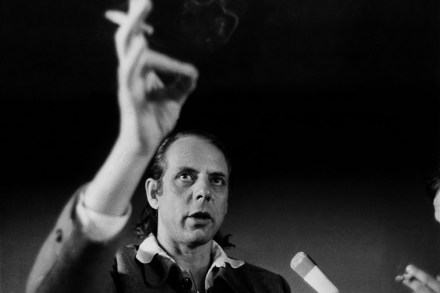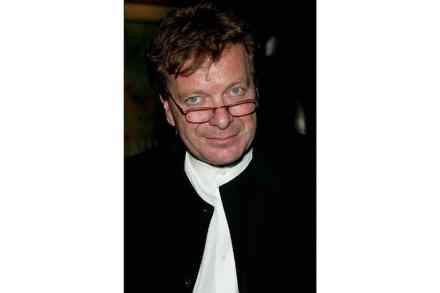Music to some ears: how 20th-century classical music led to pop
It was Sir Hubert Parry who in 1899 complained about ‘an enemy at the doors of [real] music… namely the common popular songs of the day’, ten years before he put a William Blake poem to music and came up with the most famous classical/pop fusion of all time, ‘Jerusalem’, which even featured on a mid-1970s number-one album by ELP. I did assume that a book subtitled How 20th-Century Classical Music Shaped Pop would reference such synergies. It does not. Elizabeth Alker’s is instead a competently written, entertaining if scattershot history of avant-garde electronic music, but presented as if some musical chasm separates John Cage from Sonic Youth. In fact


